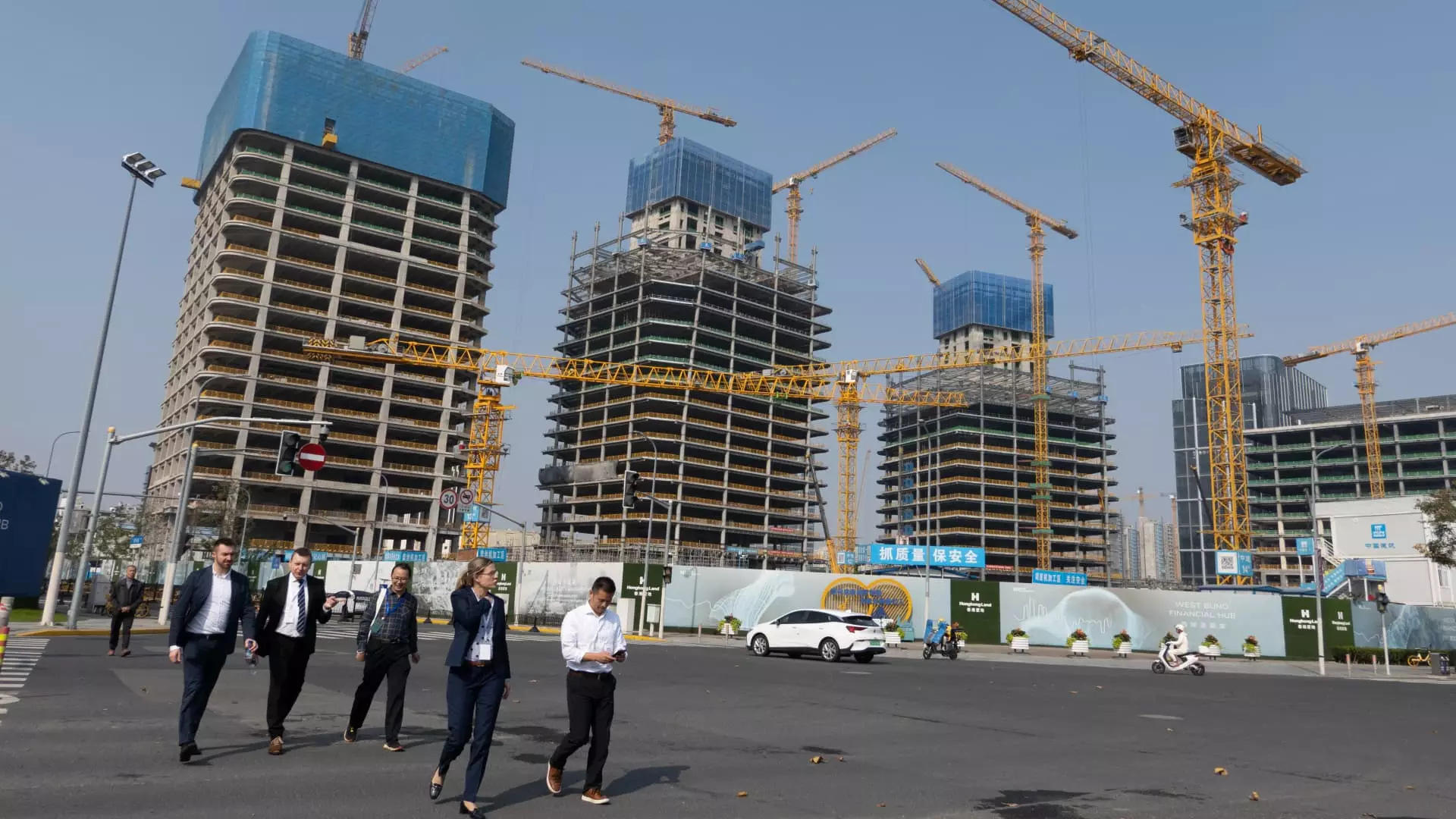In recent months, China’s economy has encountered a series of challenges, notably a significant decline in the real estate sector, which historically served as a vital revenue source for local governments. To address these pressing economic issues, it is expected that the Chinese government will announce additional stimulus measures following the conclusion of a recent parliamentary meeting. This signals a critical juncture for policymakers as they navigate a complex economic landscape exacerbated by both domestic and international pressures.
On September 26, President Xi Jinping convened a meeting to deliberate on strategic responses to these economic challenges, emphasizing an urgent need to bolster fiscal and monetary support. The People’s Bank of China has already implemented interest rate cuts to stimulate economic activity; however, the expansion of government spending and debt levels requires legislative endorsement. The National People’s Congress serves as the critical body for these approvals, potentially paving the way for significant fiscal changes aimed at mitigating economic downturns.
Historically, such gatherings have yielded notable policy shifts. For instance, during a similar legislative meeting in October of the previous year, the government approved an increase in the fiscal deficit from 3% to 3.8%. These decisions reflect a willingness to adapt economic strategies in response to changing circumstances, albeit with caution.
The recent victory of Donald Trump in the U.S. presidential election adds another layer of complexity to China’s economic strategy. Trump’s administration has indicated plans to impose stringent tariffs on Chinese imports, a move that could further strain the bilateral trade relationship. In light of these developments, analysts speculate that the urgency for increased fiscal support will grow, especially if Chinese exports face additional tariffs. This potential economic pressure heightens the necessity for China to adopt aggressive stimulus strategies to buffer against external shocks.
One predominant area of focus for the Chinese government remains local government debt management. The Finance Minister, Lan Fo’an, highlighted the importance of addressing the mounting debt issues facing local authorities, which have surged in recent years due to declining revenues from real estate and pandemic-related expenditures. Discussions at the parliamentary meeting have centered on proposals to enhance the limits on local government borrowing, with projections indicating that an increase of approximately 10 trillion yuan could be permissible over the next few years. This step would not only provide local governments with necessary funds but could also alleviate the financial burdens associated with existing hidden debts.
Nomura’s analysis suggests that this financial strategy could equate to substantial savings in annual interest payments, allowing resources to be redirected toward essential public services and infrastructure projects. The need for sustained investment during economic downturns is paramount as it allows local authorities to maintain services and instigate economic recovery efforts.
As the Chinese government prepares to unveil its plans for stimulating the economy, the course of action will greatly depend on the balance between cautious fiscal management and aggressive economic interventions. The anticipated measures must address both the immediate fallout from the real estate market’s decline and the longer-term structural challenges posed by local government debt. Ultimately, the effectiveness of these policies will depend not only on their design but also on the global economic landscape and domestic conditions.

